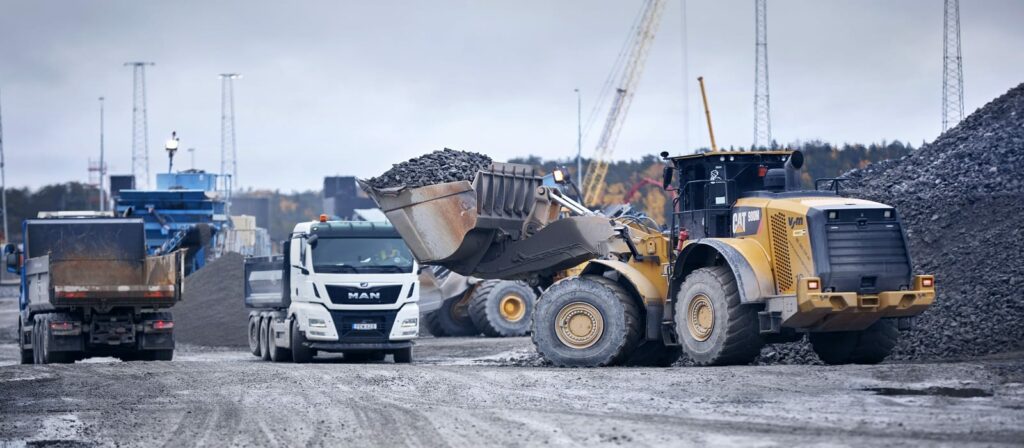The threat from climate change
Extreme weather can cause immense physical damage to port equipment, like cranes, and to the supporting infrastructure, such as electrical substations. Heatwaves can even melt the tarmac underneath the containers. Not only does this damage cause physical losses, but also business interruption costs as the terminal may not be able to operate at maximum capacity or even be forced to close.
According to Maersk the average costs of physical damages and business interruptions due to climate change hazards is expected to increase by 130 percent by 2050, compared to a 2020 baseline.
“In the past decade, we have seen coastal flooding at our terminal in Port Elizabeth, New Jersey; flooding at our Salalah terminal in Oman; a cyclone hit our Pipavav terminal in India; and regular exposure to tropical windstorms to our terminals in Miami, Florida, and Mobile, Alabama,” says Lars Henneberg, VP, Head of Risk Management at A.P. Moller-Maersk.
Maersk wants to ensure its port terminals are future-proof and brought in expertise from Zurich Resilience Solutions to help. Highly specialized risk engineers from one of ZRS’s specialist units, Climate Resilience, were tasked to undertake on-site climate assessments at five critical port terminals in Rotterdam, Netherlands; Port Said on the Suez Canal in Egypt; Aqaba, Jordan; Port Elizabeth, New Jersey; and Los Angeles, California. These site visits were supported by a team of climate data experts who, using the latest climate science, data modelling techniques, developed risk reduction and mitigation solutions tailored to each port.
Based on these insights, Maersk was able to obtain an overview of the current risk landscape and make a risk informed decision of how much of the risks they could retain through its captive, make investments to mitigate the risks or transfer it out of the captive and find separate insurance cover.
But as well as highlighting the ports’ vulnerabilities to climate risks, Maersk also wanted Zurich to provide actionable, practical and operational recommendations to mitigate vulnerabilities and improve climate resilience of the port terminals.
Zurich completed on-site climate assessments at the ports, not only examining the resilience of the port but also examined the resilience of the surrounding region as Maersk’s business goes beyond port-to-port transportation to providing end-to-end logistics solutions to their customers. The port terminals rely on a network of roads, rail and rivers to transport cargo to inland destinations. This meant the risks assessments could not look at the climate resilience of each port terminal in isolation, they needed to have a big picture view of the risk.
Follow-up workshops were held at each port terminal to discuss the vulnerabilities and recommended risk reduction and mitigation actions which will feed into each terminal’s maintenance schedules and potential investments into upgrading physical resilience measures.
The close collaboration between Zurich and Maersk enabled Maersk to develop a deep understanding of its business and risk exposures. By coupling Maersk’s understanding of their value chain with Zurich’s end-to-end climate change analysis services, they could help strengthening Maersk’s climate resilience and provide actionable insights and recommendations that will protect its business today and into the future.


